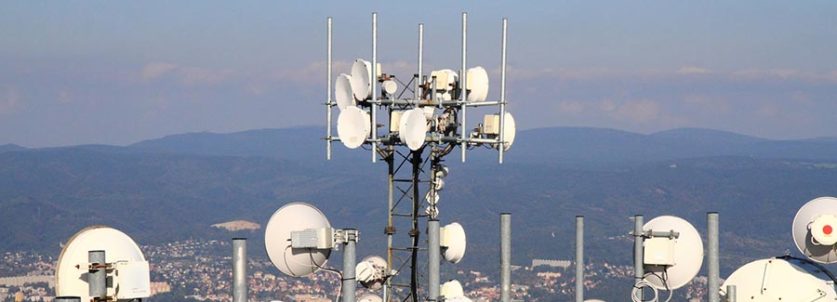
Virgin Media has expanded it extensive network to rural areas for the first time after over 1,000 people in Hampshire pledged to use the company’s services once they had set up shop.
The new services are expected to connect around 4,000 people to fibre broadband for the first time once the work has been completed, which is expected to be at the tail end of 2019. Virgin Media is currently half way through its £3bn project, Project Lightning, which will involve connecting around 17 million homes across the country, but this is the first time they have ventured into more remote areas.
Virgin was initially contacted by a community group that represents 12 villages in Hampshire back in 2016. The group requested that the cable provider extend its network to the area. One of the conditions for Virgin expanding its network to that area was that one third of residents agree to use their services. The average sign-up rate was 38% with some communities having as many as 78% pledging to use the services of the ISP.
“Virgin Media’s commitment to this project has been fantastic and I am very pleased to see how quickly the build has already progressed,” said Caroline Nokes, MP for Romsey and Southampton North.
“Access to fast broadband is essential for modern life and prior to this project, four wards in my constituency were in the lowest 10% for broadband speeds in the country.
“That changes this year and I am delighted for all those who will soon have a 21st century infrastructure in their community.”
According to telecoms analyst Ian Grant, many people felt they had been let down by BT’s Openreach programme, which promised to connect smaller communities but had in many cases failed to deliver. “Every single county council in the country gave their fibre contracts to BT, and BT has not rolled out fibre to the rural communities – hardly at all,” he told the BBC.
“They’ve put fibre to the street cabinets, but many people in rural communities live too far away from the cabinets to be able to access high speed broadband.”
Increasing superfast broadband coverage in more remote communities has long been a shared dream of both the government and Ofcom. Some of the difficulty in achieving fully widespread coverage comes from ISPs’ traditional reluctance to extend their network to rural areas. This is partly down to the added cost of connecting more remote areas, compared with the relatively small return they get Locally initiated schemes that give ISPs the guarantee of custom, like this one in Hampshire, sidestep this issue and are likely to become more and more commonplace.




